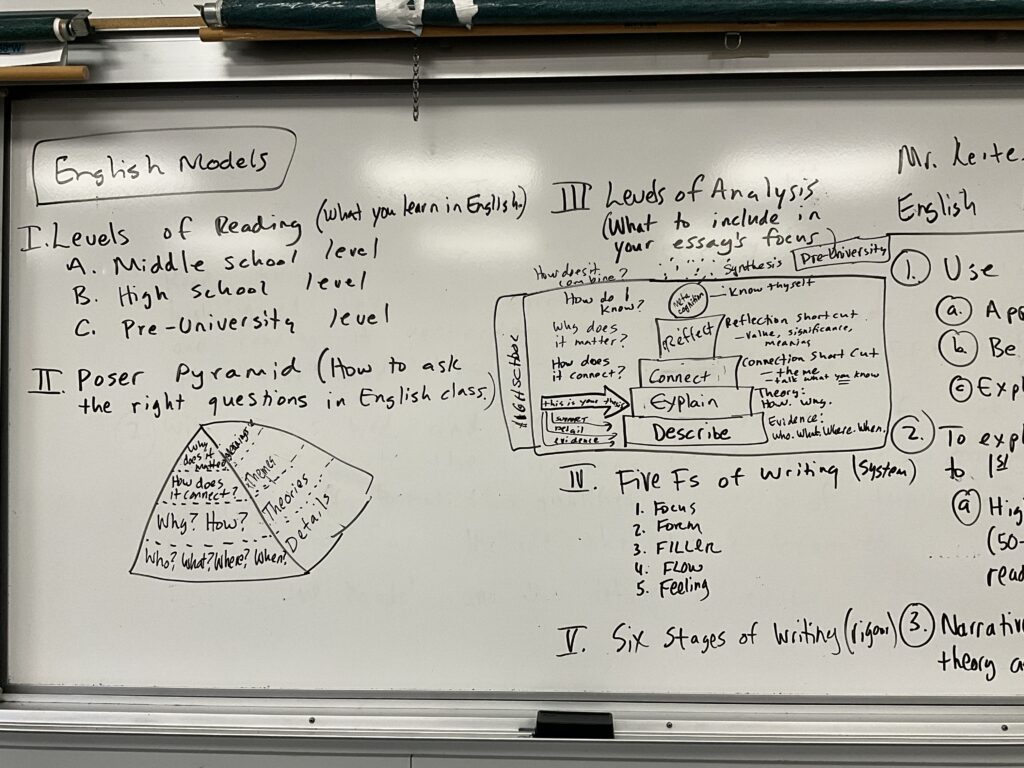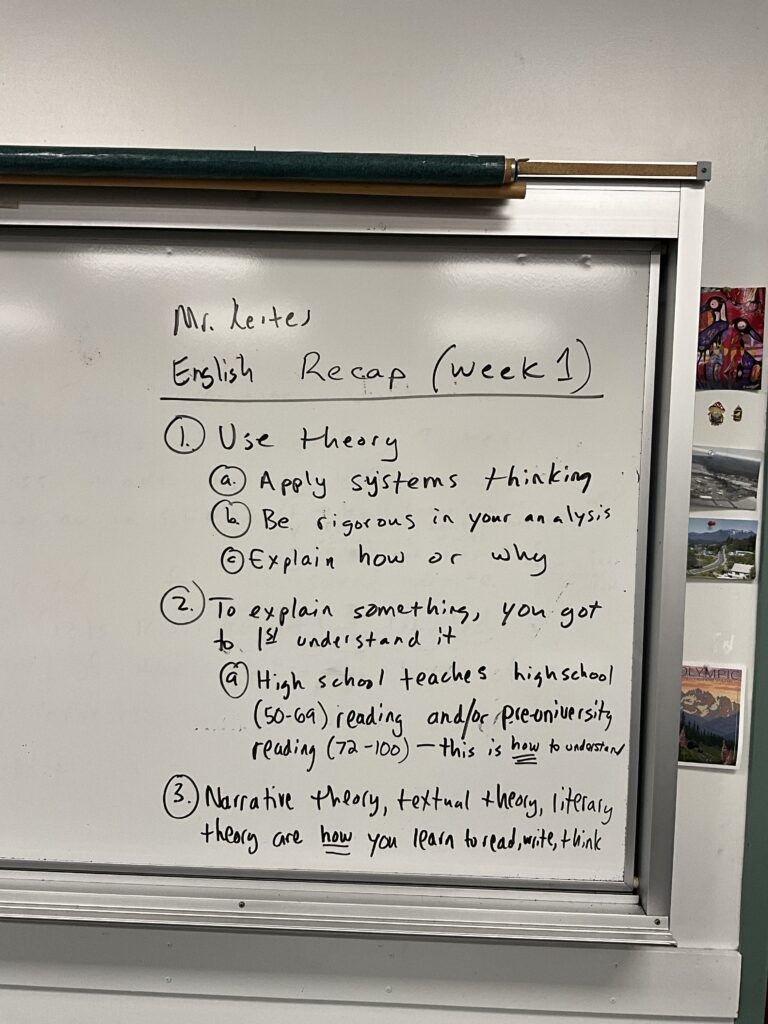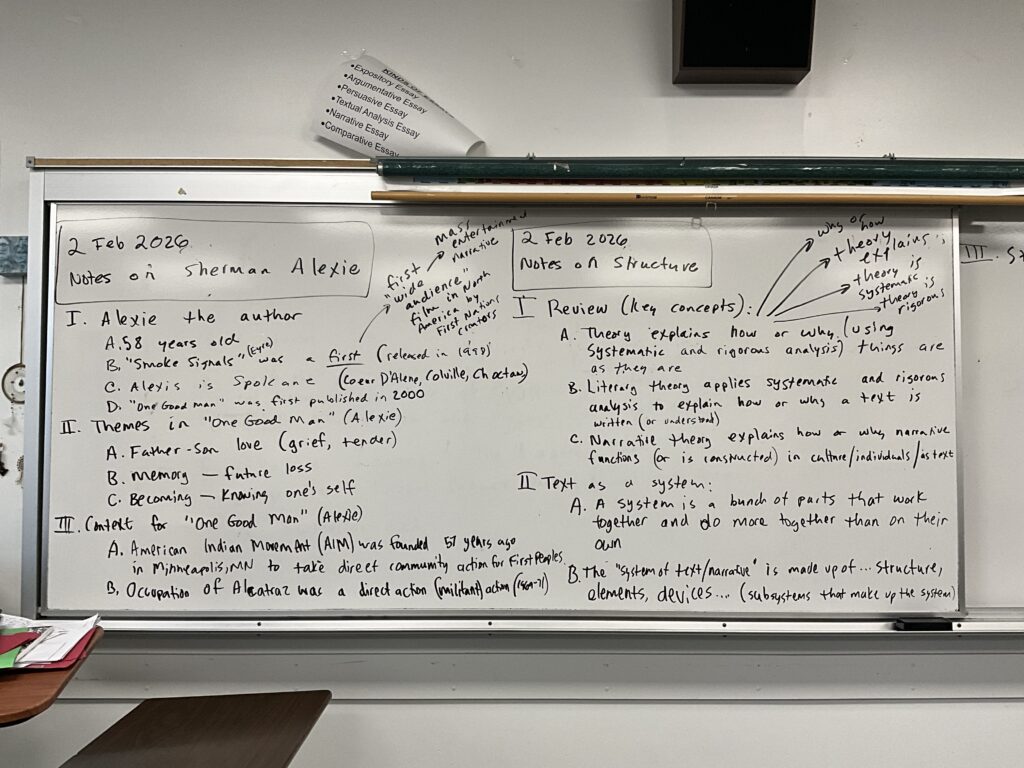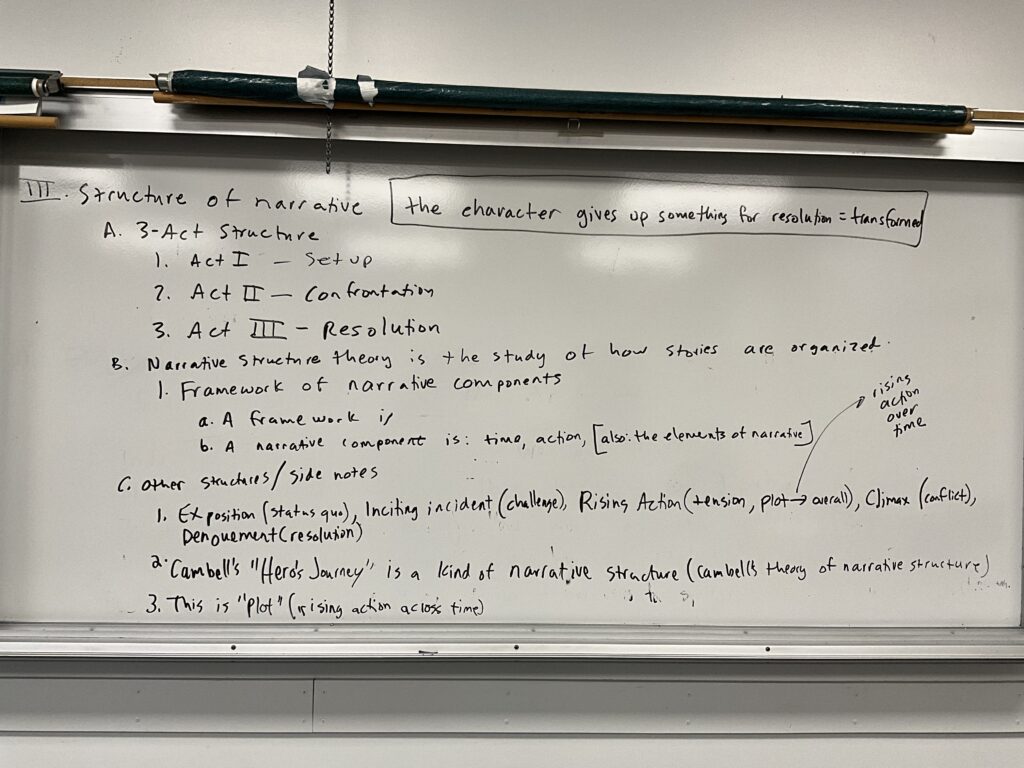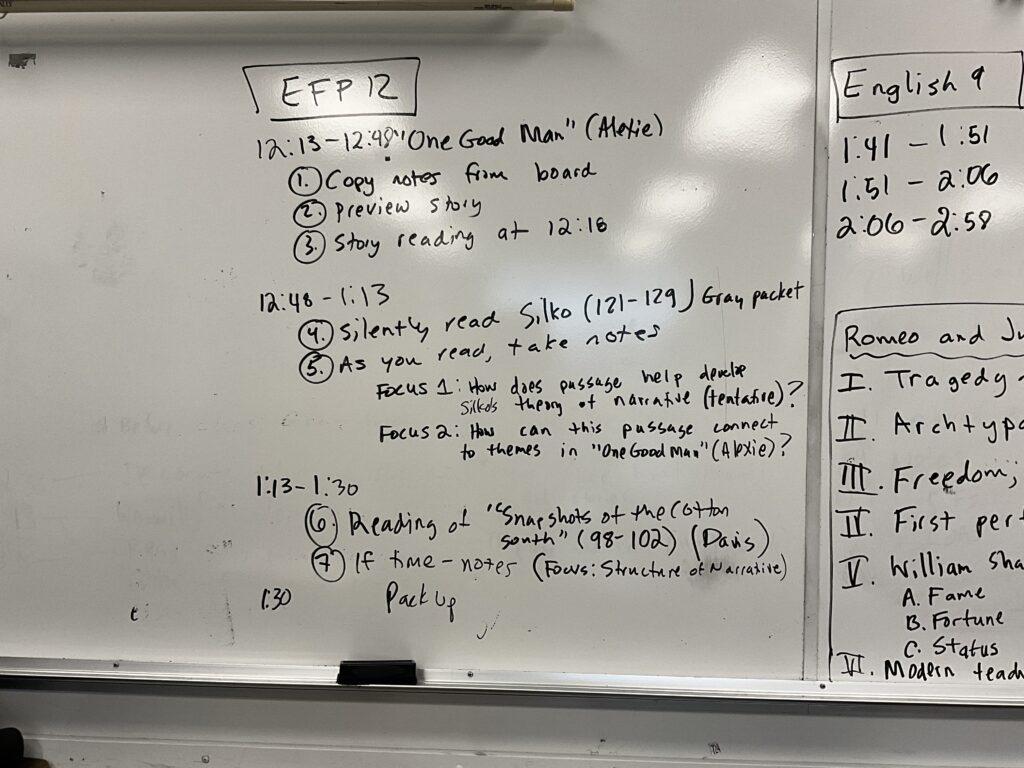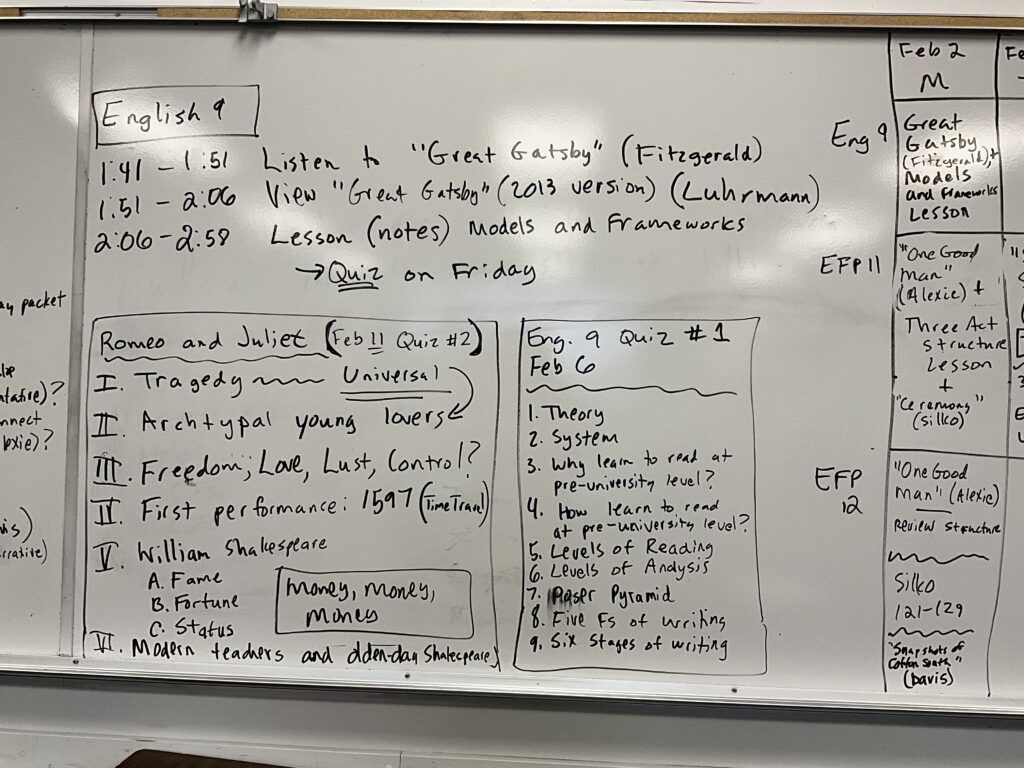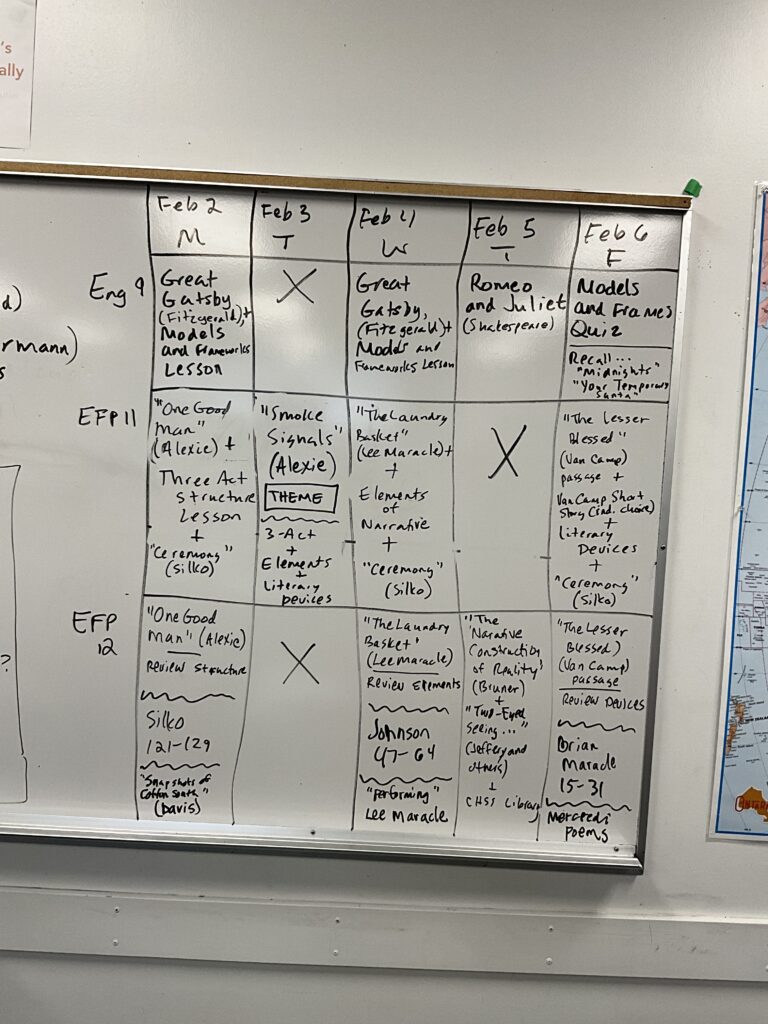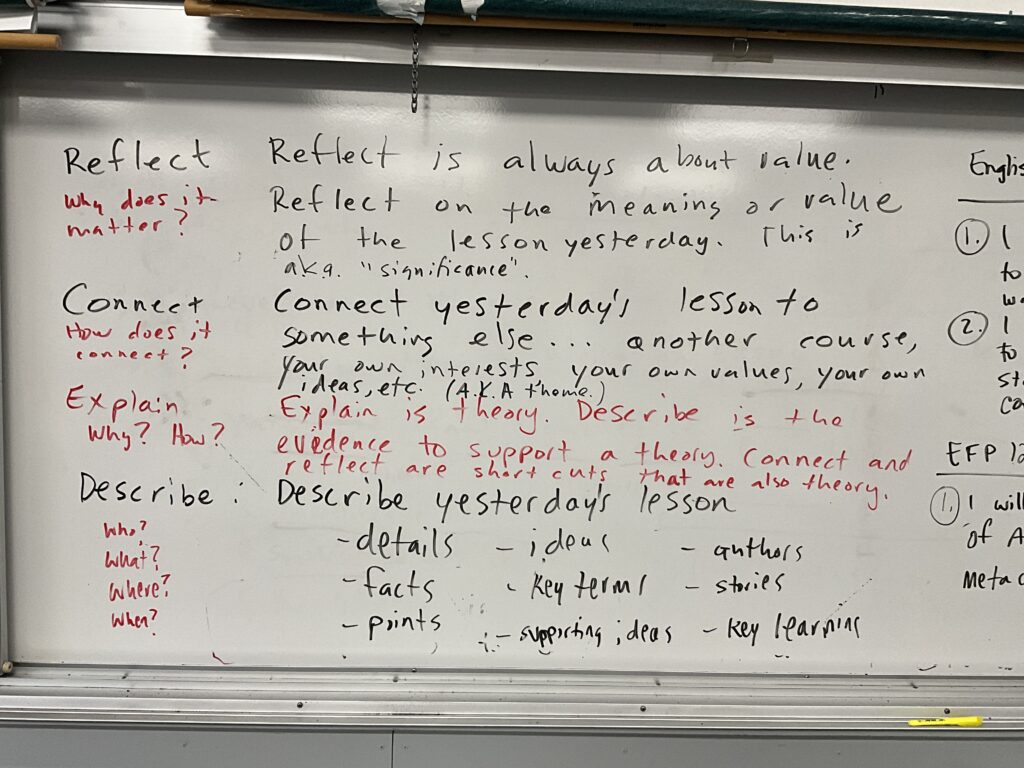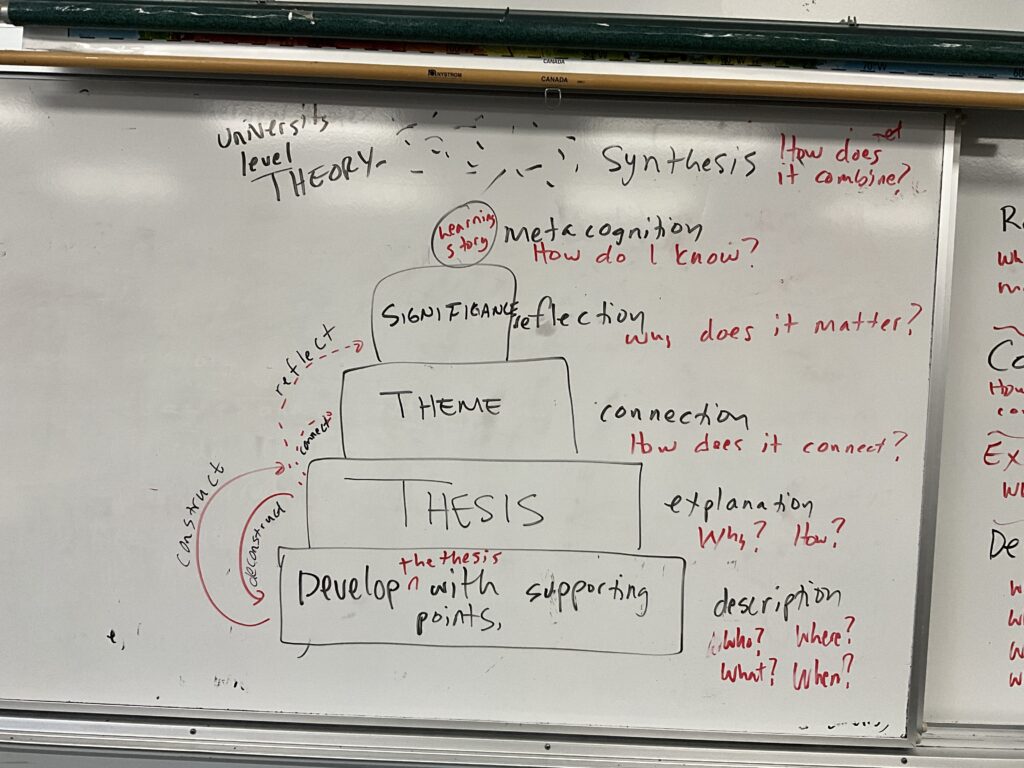Dear Parents/Guardians (Eng 9, EFP 11, EFP 12):
I am Mr. Kertes and I teach English 9, English First Peoples 11, and English First Peoples 12 this term at CHSS.
At the start of each term I invite families to attend an informal (optional) “meet and greet” or open house in my classroom (room 308 at CHSS).
Please feel free to stop by to ask any questions or to learn more about your child’s upcoming course.Many families use this time to let me know about supports your child needs or questions your child has about the course.
- Who: Families/students in any Mr. Kertes class this term
- What: Informal (drop-in) meet and great (open house)
- Where: Room 308 at CHSS
- When: Wednesday February 5th:
- 4:00-5:00 PM (drop-in, no need to RSVP) OR
- 6:30-8:30 PM (drop-in, no need to RSVP)
If you cannot attend but would like to speak with me, please text me at 778-884-5343 and we can set up a time to talk by phone or in person on another day. Text is the best way to reach me. Please let me know if you have any questions or ways I can support your child’s learning at school. Text is usually best or you can send an email. Feel free to do this at anytime during the semester.
Mr. Kertes
English Teacher
778-884-5343
tomkertes@sd52.bc.ca
